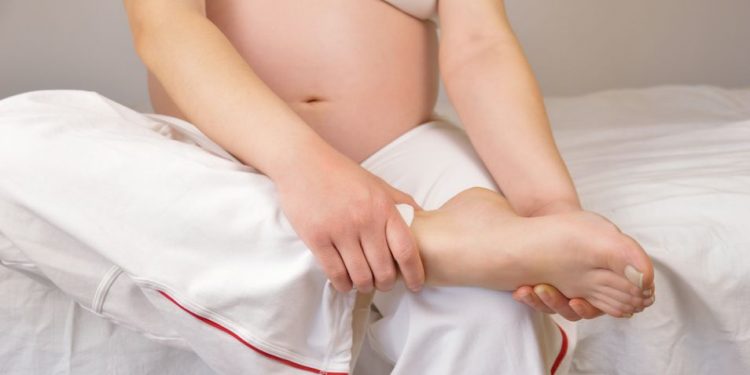Gestational edema symptoms include swelling of the feet and ankles. Swollen hands and face may also be present. It is important to seek medical attention if you are experiencing any of these conditions. These conditions can have serious implications for the mother and baby.
Edema is caused by increased pressure on the blood vessels. The pressure slows the flow of blood from the lower legs to the heart. As the fetus grows, it puts extra pressure on the veins and arteries. This causes fluid to build up in the tissues. Because the fetus puts so much pressure on the veins and arteries, swollen legs and ankles are a common pregnancy symptom.
Generally, it is not a problem for pregnant women, but if it is excessive it can be a serious problem. If you are experiencing swelling in the legs, call your doctor or midwife as soon as possible. There are several treatments available to help control the edema.
Your doctor may prescribe an antihypertensive drug to decrease the blood pressure. A Doppler flow study can also be performed to measure the blood flow through the veins. Using compression stockings can also help with the swelling.
During pregnancy, your body produces up to 50% more blood and bodily fluids. The excess water and fluids soften the body to prepare for the birth of the baby. Usually, swelling goes away within a week of delivery. However, if the swelling persists for more than a week, it may indicate a more serious condition.
Preeclampsia is a blood pressure disorder that is caused by pregnancy. In most cases, it develops after the 20th week of pregnancy. Many risk factors contribute to its development. It can cause sudden swelling, pitting, and high blood pressure. When the disease is untreated, it can lead to eclampsia, seizures, and damage to the fetal organs.

The most common location for edema is the ankles and feet. Symptoms of edema can be very different from one woman to another. Some women experience mild swelling, while others are affected by severe edema. Often, edema occurs during the last few months of the pregnancy.
Women with edema should avoid standing or sitting for long periods of time. They should drink plenty of water and other fluids to prevent dehydration. Keeping their legs elevated can also reduce the swelling.
Walking is a good way to stay active. Using a massage or reflexology can also help with the swelling. Try riding an exercise bike to increase circulation. Alternatively, if you don’t want to exercise, you can wear support stockings to keep the swelling at bay.
Most women who suffer from edema will not need to seek medical help. Although it is a normal part of pregnancy, if it begins to become uncomfortable, it is important to get it under control. Symptoms are usually worse at the end of the day and on hot days.
If you are pregnant and notice swollen feet, ankles, or hands, contact your doctor or midwife immediately. Swollen fingers and hands can be a sign of preeclampsia.









